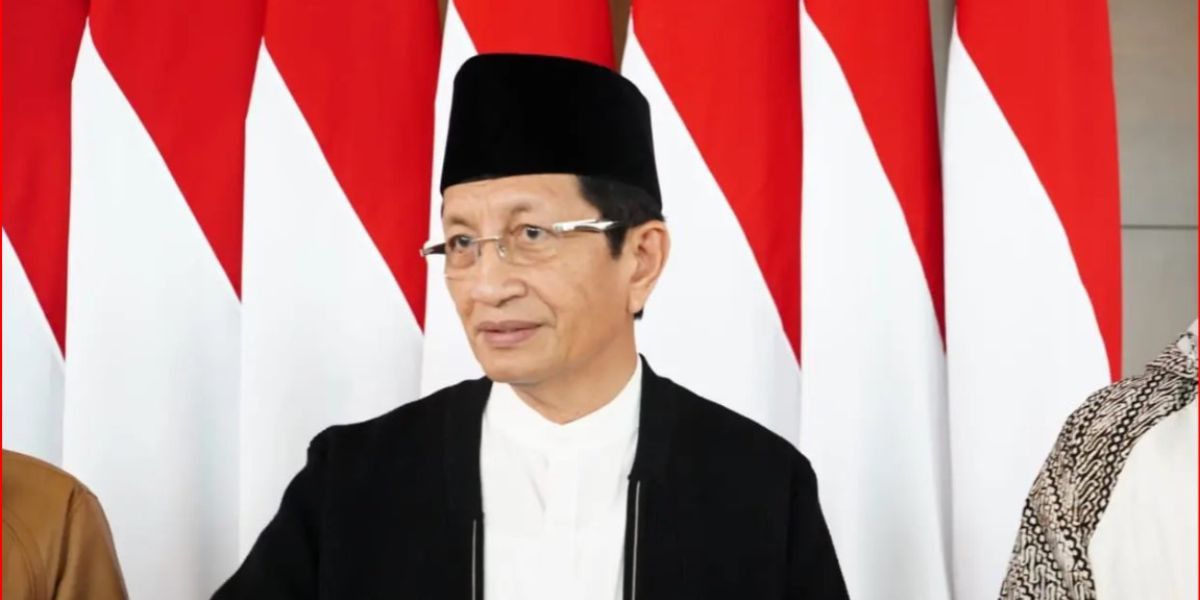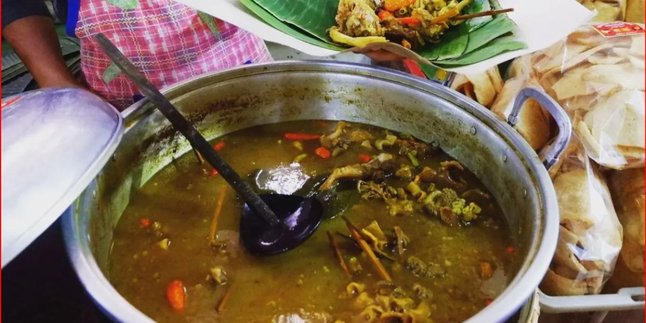Kapanlagi.com - Good news comes from the Ministry of Religion (Kemenag) that will surely delight prospective Hajj pilgrims in the country. In a Working Meeting with Commission VIII of the Indonesian House of Representatives, Deputy Minister of Religion, Romo HR Muhammad Syafii, confidently stated that the cost of Hajj pilgrimage (BIPIH) in 2025 could be more affordable, even below Rp56 million!
This statement is certainly a breath of fresh air for the thousands of prospective pilgrims who have been waiting for this precious moment. In the meeting attended by Minister of Religion Nasaruddin Umar and Kemenag officials, the discussion focused on efficiency measures to reduce BIPIH. "If yesterday BIPIH reached 56 million, God willing, with our efforts, that cost can be reduced even further," the Deputy Minister said enthusiastically.
This optimism did not come without reason. The Ministry of Religion is conducting a thorough review of the components of Hajj costs, including negotiations on flight costs, services in Arafah-Muzdalifah-Mina (Armuzna), and catering. More interestingly, the Ministry of Religion is committed to lowering costs without sacrificing service quality, thanks to the increasing competition in the service provision sector.
1. Proposal for Hajj Costs 2025 by the Ministry of Religious Affairs
The Ministry of Religious Affairs has submitted an interesting proposal for the Cost of Organizing Hajj Worship (BPIH) for 2025, with an average figure of Rp93,389,684.99, slightly lower than the previous year's Rp93,410,286. The Deputy Minister of Religious Affairs explained that the cost composition consists of 70% borne by the pilgrims and 30% coming from the benefits of the hajj fund.
However, the Ministry hopes that this proportion can return to the previous format, which is 60% from the pilgrims and 40% from the benefits, in order to lighten the burden on prospective pilgrims. The discussion process for BPIH will also be conducted by the Working Committee (Panja) for BPIH formed together with the DPR, with the hope that the final results can be completed by January 10, 2025, for immediate ratification.
2. Negotiation Strategies to Reduce Costs
The Ministry of Religious Affairs (Kemenag) is working hard to reduce hajj costs to ease the burden on the pilgrims. In intense negotiations, the Deputy Minister of Religious Affairs highlighted three main aspects targeted for efficiency: flights, services in Armuzna, and catering.
First, Kemenag is optimistic about cutting airfare by up to 10% by reducing fuel costs. Second, the service costs in Armuzna, which reached Rp18 million last year, have the potential to drop to Rp16 million thanks to cooperation with service providers in Saudi Arabia.
Finally, the catering budget is also being evaluated, with hopes that the current cost per portion of SAR 16.5 can be reduced to SAR 14.
3. The Impact of Competition on Cost Reduction
The Deputy Minister of Religious Affairs emphasized that the reduction in hajj costs will not sacrifice service quality, thanks to the increasingly tight competition in this sector. For instance, the number of hotels for hajj pilgrims has surged from a handful to over 400, while service providers in Armuzna have also drastically increased from five to around 20 companies.
This situation encourages service providers to compete by offering more attractive prices without compromising quality. As a result, prospective pilgrims now have more options to get the best services, which is certainly good news!
4. Response from the House of Representatives and the Establishment of the BPIH Working Group
The House of Representatives welcomed the Ministry of Religious Affairs' initiative to form the BPIH Working Group, led by the Chairman of Commission VIII of the House, Marwan Dasopang, in a working meeting that thoroughly discussed the details of hajj costs.
The BPIH Working Group is tasked with recalculating the components of hajj costs, conducting an in-depth analysis of the proposals from the Ministry of Religious Affairs, including the possibility of adjusting the benefit and cost values for the pilgrims.
"We target that, at the latest by January 10, a decision will be made so that this process can proceed quickly," said the Deputy Minister of Religious Affairs.
5. Hope and Next Steps
The Ministry of Religious Affairs (Kemenag) is fully confident that the efficiency measures taken will have a significant positive impact on prospective hajj pilgrims. With a reduction in costs that are more affordable, they continue to emphasize that the quality of service will always be the top priority.
The negotiation and discussion process is expected to proceed smoothly, so that the cost reduction target can be achieved. Kemenag also invites the public to continue following the latest developments through official information channels.
6. What are the main components of hajj costs?
Hajj costs consist of several important components that cannot be overlooked, such as flight tickets, special services in Armuzna, appetizing catering, and comfortable accommodation during this holy journey.
7. Will the quality of service decrease if hajj costs are lowered?
The Ministry of Religious Affairs (Kemenag) emphasizes that this decrease in costs is not a coincidence, but rather the result of increasingly healthy competition in the service provision sector. Therefore, it will not reduce the quality of services for the hajj pilgrims.
8. When will the results of the hajj cost discussions for 2025 be announced?
The BPIH working group is actively discussing the awaited results, and the good news is that this wait is expected to be answered on January 10, 2025, when the results of the discussions are officially announced.
(kpl/srr)
Disclaimer: This translation from Bahasa Indonesia to English has been generated by Artificial Intelligence.












